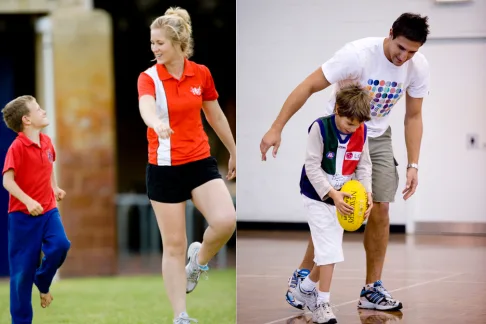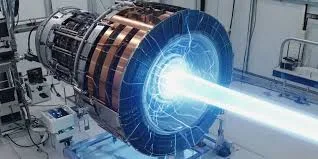Sports and science are related in many ways, including:
- Sports science-This interdisciplinary field combines psychology, physiology, biomechanics, and nutrition to improve athletic performance and health. Sports scientists use their knowledge to optimize training, diet, and hydration, and to prevent injuries.
- Sports psychologists-These professionals apply psychological principles to help athletes, coaches, and others improve their mental performance. They may also participate in research programs, provide advice, and offer psychotherapeutic work.
- Exercise physiology-This field studies how the body responds to exercise and physical activity. Exercise physiologists monitor an athlete’s body during exercise, taking measurements like maximum oxygen uptake.
- Physics-Kinematics, a branch of physics, describes the motion of objects without considering the forces that cause it. Athletes can use concepts like velocity, acceleration, and projectile motion to refine their techniques.
- Scientific advances-Scientific advances have become a big part of competitions, allowing athletes to run faster, jump higher, and push harder.
- Health benefits-Regular physical activity can help prevent and treat noncommunicable diseases like heart disease, stroke, and diabetes. It can also improve mental health, quality of life, and well-being.







